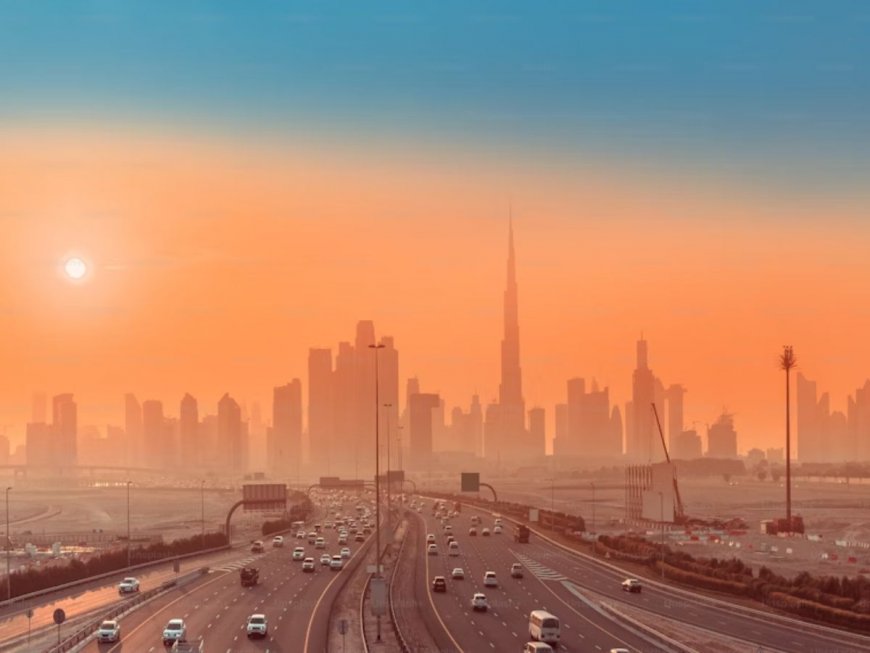UAE To Experience Longest Day Of Over 13 Hours On THIS Date, Know All About Earliest Summer Solstice Since 1796
This year, United Arab Emirates (UAE) is set to experience the earlier summer solstice since 1796, which means the longest day that would last for thirteen hours and forty-eight minutes. Here's all you need to know about it...

UAE Summer Solstice Longest Day: Every year, between June 20-22, the Summer Solstice takes place in the Northern Hemisphere. Usually, June 21 is considered to be the longest day of the year because during this time, the Sun is said to travel the longest path in the sky. This year, the Summer Solstice is said to be the earliest since 1796 and the United Arab Emirates (UAE) will also be experiencing it between June 20-22. The country is set to experience the earliest summer solstice with the longest day of 13 hours and 48 minutes. What does this mean for the country and what are the maximum and minimum temperatures that will be faced by the country during that time, here’s all you need to know…
Earliest Summer Solstice With Longest Day In UAE
As mentioned earlier, the UAE will experience an earlier summer solstice this year. Occurring on June 20th at 20:51 UTC, this marks the earliest solstice since 1796 for most countries around the world. This celestial event will usher in the longest day of the year for the UAE, with daylight hours reaching 13 hours and 48 minutes. It’s important to note that similar variations in solstice timing can be expected in future leap years. Ibrahim Al Jarwan, Board Chairman of the Emirates Astronomical Society and member of the Arab Union for Space and Astronomy Sciences, explained that during the summer solstice, the sun is directly overhead at the Tropic of Cancer, its northernmost point.
UAE Temperatures During Summer Solstice
In areas directly below the sun, such as the southern regions of the UAE, there will be no shadow at noon. Shadows at noontime will also be shorter across the Arabian Peninsula, with the shortest shadow occurring in the entire Northern Hemisphere. Al Jarwan added that temperatures are expected to range between 41 and 43 degrees Celsius during the day and 26 and 29 degrees Celsius at night, with generally dry conditions and active winds.
This is expected to be the case during the first half of summer, which runs from June 21 to August 10. The second half of summer, spanning from August 11 to the autumnal equinox on September 23, is characterised by an influx of high humidity, persistent high temperatures, and the activation of moist Kos winds. These winds invigorate the formation of cumulonimbus clouds over mountainous regions and their surroundings, leading to thunderstorms.
(Inputs from ANI)
What's Your Reaction?



























































